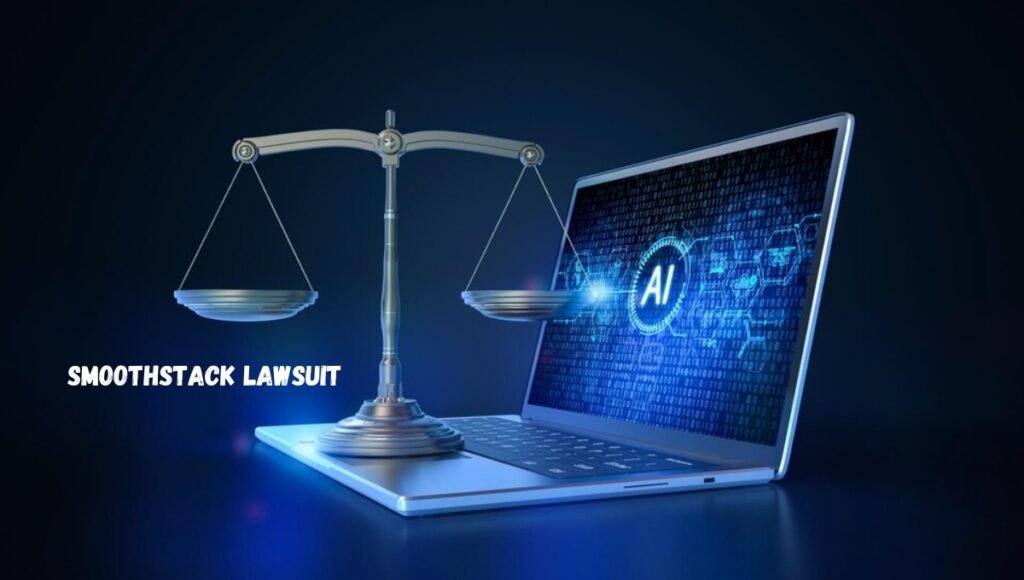Introduction
Smoothstack, a tech talent incubator, has made headlines due to a recent lawsuit that has drawn attention to its business practices. While the company is known for providing aspiring IT professionals with training and job placement opportunities, the legal dispute raises concerns about the fairness and transparency of its operations. In this article, we will delve into the details of the Smoothstack lawsuit, exploring the key issues at hand, the implications for those involved, and what this means for similar companies in the tech industry.
What is Smoothstack?
Smoothstack Lawsuit is a technology workforce development company that recruits, trains, and places IT professionals in various roles across the United States. The company operates by selecting candidates who demonstrate potential in tech, providing them with rigorous training, and then placing them in positions with partnering companies. In return, candidates typically sign contracts agreeing to work for a specific period or pay back the cost of their training.
Background of the Smoothstack Lawsuit
The Smoothstack lawsuit began when former employees and trainees accused the company of engaging in unfair business practices. The lawsuit alleges that Smoothstack’s contracts contain terms that are misleading or exploitative. Specific claims include:
- High-Interest Debt: Trainees allege that they were unaware of the high interest rates attached to the loans they took to finance their training.
- Non-Compete Clauses: Smoothstack’s contracts reportedly include non-compete clauses that restrict former employees from seeking employment in the tech industry for a certain period after leaving the company.
- Misleading Job Placement Promises: There are also allegations that Smoothstack misrepresented the ease with which trainees would find job placements after completing the program.
These allegations have led to a significant legal battle, with plaintiffs seeking compensation for what they describe as deceptive and unfair practices.
Key Issues Raised in the Lawsuit
The Smoothstack lawsuit brings several important issues to the forefront:
Transparency in Contractual Agreements
One of the main concerns raised by the plaintiffs is the lack of transparency in Smoothstack’s contracts. The lawsuit alleges that the terms of the agreement were not clearly communicated to the trainees, particularly regarding the financial obligations and the non-compete clauses. This has sparked a broader discussion about the need for companies to ensure that contractual agreements are fair, transparent, and easily understandable by all parties involved.
The Legality of Non-Compete Clauses
Non-compete clauses have long been a controversial topic in employment law. These clauses are designed to prevent employees from leaving a company and immediately joining a competitor. However, in the case of Smoothstack, the plaintiffs argue that these clauses are overly restrictive and limit their ability to find new employment in the tech industry. The outcome of this lawsuit could set a precedent for how non-compete clauses are enforced in the tech sector.
Ethical Considerations in Workforce Development
The lawsuit also raises ethical questions about the practices of workforce development companies like Smoothstack. While such companies play a crucial role in training and placing IT professionals, there is a fine line between providing opportunities and exploiting individuals who are eager to start their careers. The allegations against Smoothstack suggest that more oversight and regulation may be needed to protect trainees from potentially exploitative practices.
Impact on Smoothstack Lawsuit Reputation
The lawsuit has undoubtedly affected Smoothstack’s reputation. As the case gains more attention, potential trainees and business partners may become hesitant to engage with the company. This can have long-term consequences, particularly if the lawsuit results in a ruling against Smoothstack. In an industry where reputation and trust are paramount, the outcome of this lawsuit could significantly impact the company’s future operations.
Legal Ramifications and Industry Implications
Potential Legal Outcomes
The Smoothstack lawsuit could lead to several possible legal outcomes, including:
- Settlement: Smoothstack may choose to settle the case out of court to avoid further negative publicity and potential damages.
- Court Ruling: If the case goes to trial, the court’s decision could set a legal precedent regarding the enforceability of non-compete clauses and the transparency required in contractual agreements.
- Regulatory Changes: The lawsuit could prompt lawmakers to introduce new regulations aimed at protecting individuals involved in workforce development programs.
Implications for Similar Companies
The Smoothstack lawsuit could also have broader implications for other companies operating in the tech training and placement space. If Smoothstack is found to have engaged in unfair practices, similar companies may face increased scrutiny and may need to reevaluate their business practices to ensure compliance with legal and ethical standards.
What This Means for Trainees and Employees
For current and prospective trainees and employees, the Smoothstack lawsuit serves as a cautionary tale. It highlights the importance of thoroughly reviewing contractual agreements and understanding the terms before committing to a program. Additionally, it underscores the need for individuals to be aware of their rights and the potential legal implications of signing non-compete agreements and other restrictive covenants.
Conclusion
The Smoothstack lawsuit is a significant development in the tech industry, raising important questions about transparency, fairness, and ethical practices in workforce development. As the legal process unfolds, it will be crucial to monitor the outcome and its potential impact on both Smoothstack and similar companies. For trainees, employees, and industry professionals, this case serves as a reminder to be vigilant and informed when entering into contractual agreements, particularly in industries as competitive and fast-paced as technology.


